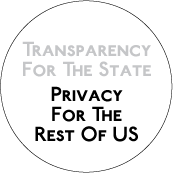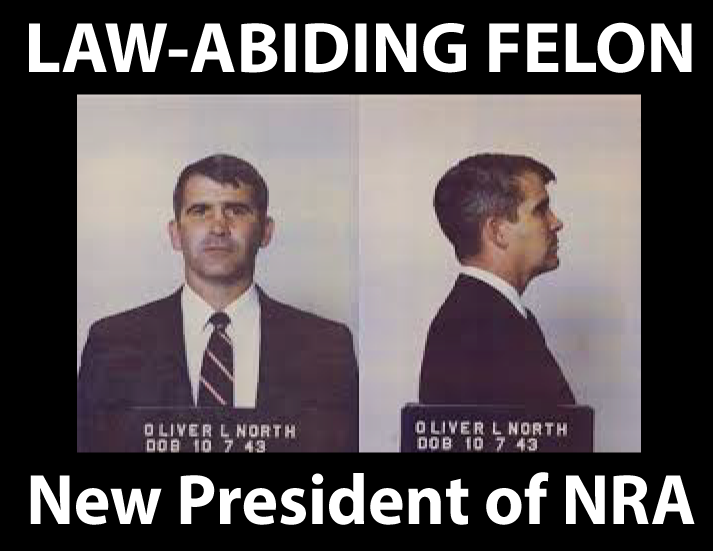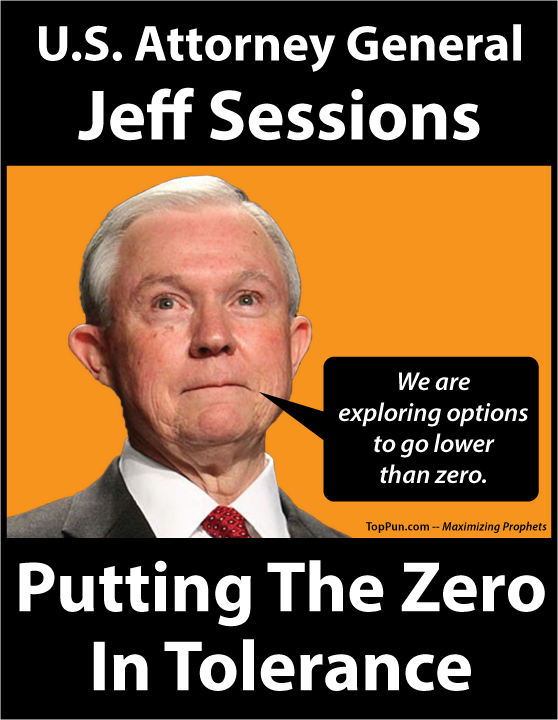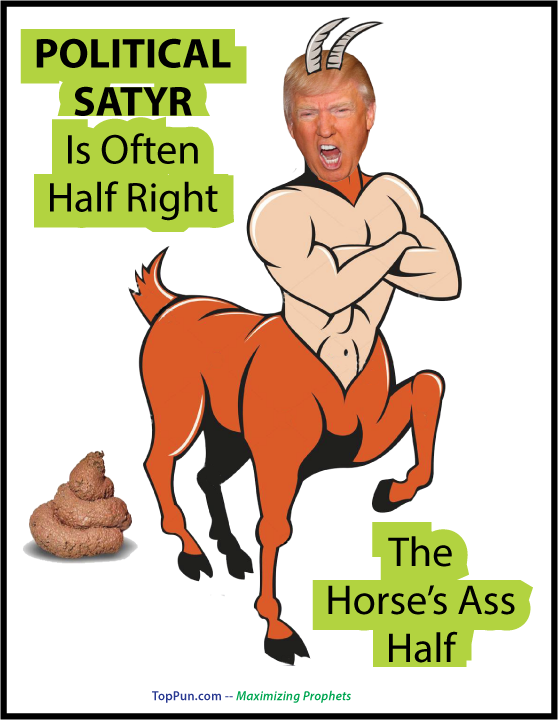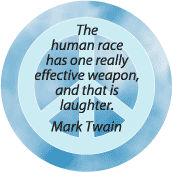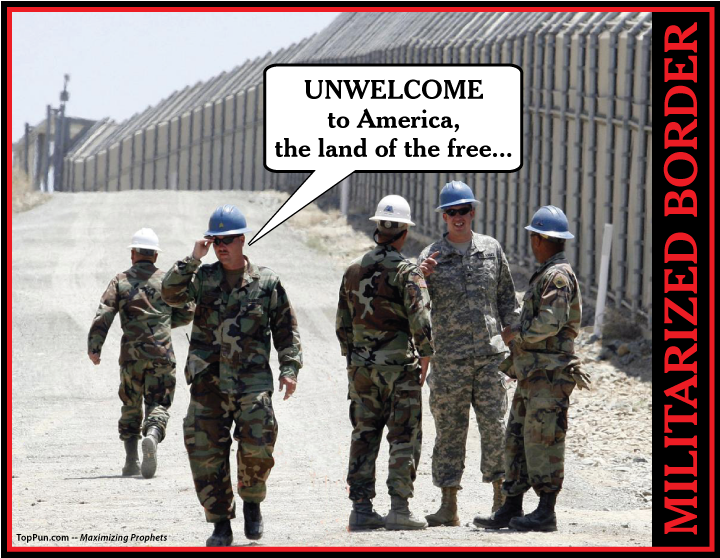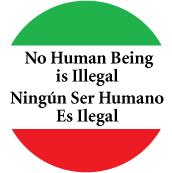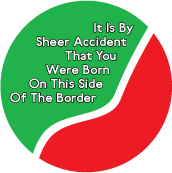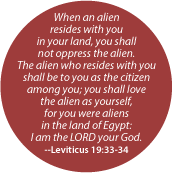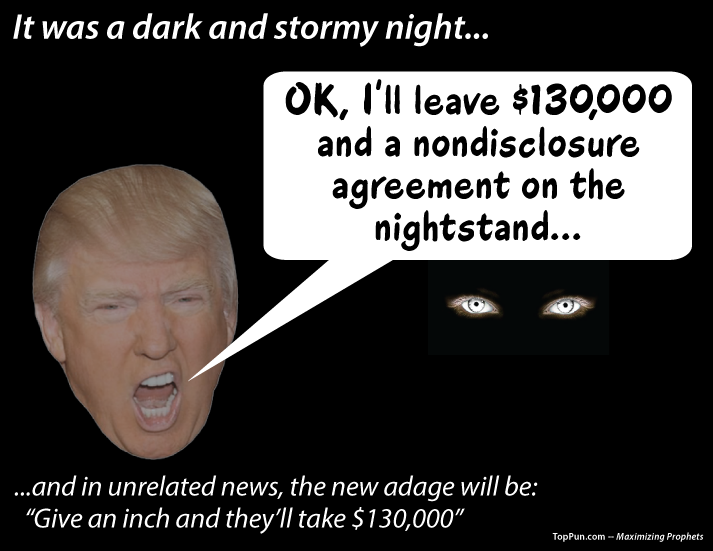I prepared the below testimony to present at a public meeting in Chicago before the National Commission on Military, National, and Public Service, a commission created by Congress to deal with questions of draft registration, most specifically, whether to end draft registration or expand it to women. The Commission designed the format for this meeting with severely restricted opportunities for general public input. I intend to submit this testimony in written form, but I do not anticipate that I will be able to present it in person. At the end of this testimony is a much shorter statement that I intend to present to the media in Chicago, and directly to the Commission, if possible.
FULL TESTIMONY
My name is Dan Rutt. I have traveled from Toledo, Ohio, to be here today. I have come from 250 miles away to testify to you about service. I am volunteering my time to testify about that which is involuntary: conscience. I have come much further than 250 miles to be here today…
My testimony is rooted in family history predating the existence of the United States of America. I am 12th generation in this land now known as the United States of America. In the early 1700’s, my ancestors settled on land given to them by William Penn, on what would come to be known as Pennsylvania. My Mennonite ancestors fled Germany to escape conscription and war.
With that wave of German immigrants and refugees, those that occupied the land had much fear about them ruining life as they new it. Newly-arrived German males age 16 and older were forced to take a loyalty oath to the British crown. The English oath was administered roughshod over the newly arriving boys and men, most of whom spoke only German upon their arrival. Apparently, a nominal and blind oath provided some comfort to those fearful residents already occupying the land.
As the Philadelphia harbor bells rang, signaling new arrivals, people gathered to greet them. Many gathered to welcome family or provide strangers with much needed assistance, knowing what it is like to leave one’s home and arrive in a strange land with little or nothing. Others gathered to enlist indentured servants. Here is my most important question regarding service. Serving freely or serving under coercion — which is the greater service? I submit that serving freely is greater. In this particular case, the free service of hospitality and welcoming outsiders is greater than enlisting indentured servants. In the shared scripture of The People of The Book — Jews, Christians and Muslims — a similar exhortation is repeated multiple times: “You must love foreigners because you were foreigners in Egypt.” This service of what may be considered radical hospitality is a time-honored practice of Jews, Christians and Muslims. The humble practice is at the heart of every great faith worldwide. Do unto others as you would have them do unto you. Love because you were first loved. My ancestors, yearning to be free, wanted neither to be the cause of war as soldiers nor the tragic effects of war in its wanton destruction. This was at the heart of my ancestors’ journeys in life. This is my heritage.
More recently, in relation to war and peace, my great-grandfather, during World War II, ran an alternative service camp for conscientious objectors. As for me, I was literally born into service. I was born in 1961 in Haiti, while my parents were serving as medical missionaries, a doctor and nurse, with Mennonite Central Committee. Mennonite Central Committee has long encouraged and empowered years-long terms of service, often overseas. For my Dad, this was also as an alternative service to military service.
In 1979, the year I graduated from high school, the Soviet Union invaded Afghanistan. In response to this, President Jimmy Carter instituted draft registration of young men my age, ostensibly to send a message of military preparedness to Soviet leaders. I was in the first batch of young men required by U.S. law to register for the draft. However, the prospect of draft registration conflicted with a higher law, my conscience and ultimate commitments. I could not and cannot, in good conscience, participate in war-making. As the clarity of my conscience emerged, I could find no way to register for the military draft, whose sole purpose is preparedness for war. My conscience also dictated that if I was to disobey an unconscionable law, then I was to openly take full responsibly for my actions while I worked to change such a law. I began by writing letters to Selective Service and my elected representatives. I may not have had been well-schooled — yet, anyways — on the politics of waging war or peace, but I was intimately familiar with my conscience and the legal duty that my young male peers and I faced. I was a teenager facing obedience to my conscience. This obedience came at the legal threat of up to five years in prison and up to a $250,000 fine.
I quickly learned that my war resistance is not dependent on geopolitical circumstances, political pendulums, or legal threats. I am already opposed to the next war. Unlike in the pragmatism of war, my enemy’s enemy is not my friend. For me, war is the enemy. Nonetheless, the nearly 40 years since my initial confrontation with draft registration affords me a certain perspective as I have lived through a full cycle of history. While I was a skinny teenager facing taking on the United States government, the U.S. government was backing the soon-enough-to-be-notorious Osama bin Laden as a so-called “freedom fighter,” leading the mujahadeen in Afghanistan against Soviet occupation. Of course, our support of Osama bin Laden, our enemy’s enemy, turned out to be a deadly lessen in the futility of weaponizing violent radicals in the vain hope that it won’t blowback in further violence on virtually all fronts. Today’s “freedom fighter” is tomorrow’s terrorist. Today’s war seeds tomorrow’s terrorist. Gandhi spoke frequently of the seamless connection of means and ends. War IS terrorism. How can we expect it to produce anything else — with it many “means” and “ends”? In the end, I cannot view warmaking as service to this country, or any country for that madder, certainly not to humanity as a hole. I find warmaking incompatible with Jesus’ call to love our enemies and to be peacemakers, the children of God.
In speaking with hundreds of Americans over the years about draft registration resistance, I have found that people’s objections to my objections are of two basic types. One type of response is basically that draft registration is such a minimal requirement that it isn’t worth much fuss. If this is the case, then why don’t we just get rid of draft registration, without much fuss? The other type of response is about the utter graveness of our warmaking, and usually something about our national doody. If war is so grave, perhaps the concerns around someone refusing to go postal should receive more thoughtful and consequential consideration. To add insult to injury, in a surreal show of moral farce, war apologists routinely cite “necessary evil” as their moral foundation. This is not the God I serve. Straddling these two poles of minimal and supreme concern, are the tired questions that are asked pacifists, such as: “What would you do if someone was raping your grandmother in the ally?” I learned to answer such questions with: “I’d register for the draft.” If their perplexity persisted, they might suggest that I go back to Russia (where I’ve never been) or indicated their inclination to see me face time in jail; presumably, so I am not around to not protect them.
Mean wile, back in 1980, soon after winning the presidential election, Ronald Reagan broke his campaign promise to end draft registration. His campaign rhetoric about getting the government off the backs of people rang hollow, like a hollow bullet to my heart. The media wanted to do a story on this broken promise and how it affected the young men subject to the law, particularly those opposed to it. As it turned out, while there were millions of nonregistrants quietly in violation of the law, I was the only local public nonregistrant that they could track down, and I soon found myself highlighted in various media for years to come.
To make a long story shorter, in 1983, I was indicted for failure to register — I prefer refusal to register. In 1986, I was tried and convicted. My indiscriminate honesty more than compensated for their lack of investigatory skills. I served 107 days in the federal Community Corrections Center in Detroit, served two years probation, and served 200 hours of community service. I can’t help but note, today, since the theme is “service,” that the solution to my singular failure was to rip me from my community in order to integrate me back into my community. Plus, the court had to bean-count community service that you couldn’t have stopped me from serving anyway.
Of course, there were larger forces at work. I, and a select few others, had to be made examples of. I, for One, am proud of the example I served. In the case of The United States of America vs. Daniel A. Rutt, there was a focus on my failure/refusal. In the meantime, I had finished college, got married, finished graduate school, had a son, and got a job. I went on to serve in a public health career of almost two decades. I even got a national award from the feds for my work in health promotion — thanks for noticing, U.S. of A. For the last 16 years, I have run my own business promoting social justice.
I do not consider my time imprisoned or countless hours engaging in war resistance as any great burden. In fact, I consider this as service to my country and humanity. I do suspect that most any person who did a tour of active duty in Iraq or Afghanistan has suffered more than I. Unfortunately, war is replete with suffering. Of course, suffering is of no great inherent value. Nonetheless, whatever we willingly suffer for is a good measure of what we truly value. I hope that more Americans, whether male or female, young or old, will volunteer to put more skin in the game and resist war in any way they can. I believe that the cost of freedom is found in not killing, rather than killing. As General Patton so infamously stated, “No dumb bastard ever won a war by going out and dying for his country. He won it by making some other dumb bastard die for his country.”
It is impossible for me to separate my service from my conscience. Conscience is that small still voice that emanates from the foundation of our existence, that calls us, at the risk of trademark infringement, to be all that we can be. My war resistance is deeply rooted in following Jesus, The Prince of Peace. The Jesus I follow was executed as an enemy of the state. He was executed at the behest of the religious elite. Today, the religious elite dutifully save themselves and their clan, more faithfully blessing warmakers than counseling their youth to resist war, more conveniently blessing warmakers than counseling their youth to resist war. The first wave of martyrs in early Christendom were men who refused military service. The broader wave of martyrs were Jesus followers who refused idolatry, the literal and figurative “pinch of incense on the altar” to Caesar.
For me, draft registration is that “pinch of incense on the altar” of the state. When it comes to military service, in the great U.S.A., there is no “one nation under God.” When it comes to military service, The United States of America is God. Specifically, The United States of America, does not recognize ANY Constitutional right to refuse military service for ANY reason, including conscience or freedom of religion. As we all know, the U.S. Constitution provides for many rights, rights that cannot be infringed upon by the state. There are many constitutional rights, such as freedom of speech, freedom of the press, freedom to peaceably assemble, freedom to petition for redress of grievances, freedom from unreasonable search and seizure, and the right to equal protection under the law, among others. These are often referred to as natural rights or God-given rights. Such rights define the character of a state, and place limits on its sovereignty, recognizing a power greater than itself. The United States of America, does not recognize ANY natural or God-given right to refuse military service for ANY reason. If you are surprised by this, so was I. I count this as the singular lesson that I learned in my draft registration resistance. This sad and idolatrous reality was unmasked only by a federal judge citing a Supreme Court case in a legal opinion rejecting my motion for dismissal on the basis of religious freedom. Fortunately, I have found that God’s grace extends further than legislative grace or constitutional provision of this republic. I strongly suspect that tens of millions of Americans of faith recognize that holy obedience sometimes requires civil disobedience.
My male ancestors age 16 plus who arrived to this land so many years ago were forced to swear a loyalty oath to the government, even though most didn’t even speak the language in which the oath was administered. This didn’t even seem to matter to government officials. Why is this? I suspect that the nominal and incomprehensible oath was a “pinch of incense on the altar,” a ritual form of national worship needed by a resident populace afraid of strangers. The minimal content of the oath served as a safe and surefire way to maximize compliance and minimize resistance. Who would get back on the boat and return across the sea because they had to mouth or sign an incomprehensible swearing. Who would not submit their name and basic information to the Selective Service System? Well, most young men do not register when they first become legally required. Most young men, hoping to go somewhere, register when they need to secure a driver’s license, or when they reach the shore of an education, needing a student loan.
I suspect that the ritual obedience of a “pinch of incense on the altar” may be more important than an actually functioning, fair and equitable system of potential conscription. Conspicuously absent from the Selective Service annual report is the noncompliance rate with the requirement for registrants to update their address (within 10 days) every time they move. Every observant person knows that 18-25 year-old men move a lot. How many address updates do they get? How many address updates don’t they get? Surely, this can be estimated, and certainly it matters if one actually cares about being able to effectively and fairly enlist young men in a potential draft. The noncompliance rate for initial registration is 8% for all 18-25 year-old men. I strongly suspect that the noncompliance with current address is much higher than noncompliance with initial registration; probably, in combination, high enough to blow a hole in any contention that draft registration is effective and fair. By the way, those young men not complying with address updates are subject to the same legal penalties of up to five years in prison and up to a $250,000 fine. In FY 2017, 184,051 names and addresses of suspected violators to initial registration were provided to the Department of Justice. Does it strike anyone else as odd that the names and addresses of suspected violators are forwarded? If the Selective Service System has the names and addresses of potential enlistees, what else do they need?
I contend that what Selective Service is largely after is your assent to civil obedience, participation in a national religion of warmaking, your “pinch of incense on the altar,” if you will. This seems to be a better characterization of Selective Service’s function than, in the case of a military draft, to “rapidly provide personnel in a fair and equitable manner.” Oddly, if you find yourself a male age 26 or older, beyond the age requirement to register, and you failed to register, you could still run into trouble by being denied eligibility for federal student financial aid, federal job training, federal employment, or U.S. citizenship; yet, you may be in the clear if your can “show by a preponderance of evidence” that your failure to register was not knowing and willful. Just don’t be too conscientious; that is, until you have to prove that you were not conscientious. Apparently, the true crime is conscientiousness in not registering, more so than simply not registering. The selective prosecution of a few conscientious and public resisters while millions are noncompliant speaks volumes to this. Certainly, a system where obliviousness is excusable and objecting conscientiously is a crime is a system that distorts our nation’s highest values. I don’t object to Selective Service being shot full of holes regarding compliance. I do object to Selective Service dishonoring or punishing conscientiousness. As there is no way for a registrant to officially indicate any intent at conscientious objection, I would be very curious to see what would happen if conscientious objector status were a checkbox in the registration process. We might learn a lot about the state of conscientious objection in America. Of course, if Selective Service noncompliance is largely about non-conscientiousness, then I have to ask: What would such a level of non-conscientiousness say about what we might be fighting for and who might be fighting for it?
The draft registration system cannot account for true conscientiousness. The draft registration system cannot muster enough compliance, conscientious or not, to claim fairness and equitability. The honorable course of action, in both cases, is to end draft registration.
In truth, the actual practice of draft registration ignores conscientious objection. While there is no apparent constitutional right to refuse military conscription, there are some legislative provisions for what are called conscientious objectors. Unfortunately, there is no mechanism to indicate conscientious objection during the current draft registration process. This is objectionable to many conscientiously opposed to war. Somewhat oddly, the only legal way to make such a claim is to submit to a system, the Selective Service System, whose sole purpose is preparing for war, which you must reject completely. Plus, conscientious objector status is only possible as a military service classification, if and when a draft may occur. The longer a registrant is unrecognized as conscientiously opposed to war, the further the objection. Further, conscientious objector status can only be recognized for those who are opposed to all wars. If you in good conscience object to whatever current war in which you are subject to serve, this is oddly irrelevant. You could, in fact, turn out to conscientiously object to every actual war that comes down the pike in your lifetime and this is deemed irrelevant if you are not opposed to every theoretical war (or past war). This renders conscientious objection to a meaningless idea for what is perhaps the vast bulk of being conscientiously opposed to war. Finally, there is no real mechanism to truly count or officially value the service of conscientious objectors, meaning that men will be drafted until the military need is met, whether ten or ten million men have conscientious objection. The service of a conscientious objector is superfluous to the determining aim of the Selective Service System. This itself is offensive to many persons of conscience opposed to war-making. Let’s end the criminalization of conscience.
In truth, the actual practice of warmaking habitually runs roughshod over international law and human rights. The promise of some possible future alternative service as a noncombatant is little comfort to my conscience, and of many others. In a warring world, the distinction between combatants and noncombatants offers fantastical sanitization rather than actual sanity. The fact is that across time and across a myriad of modern armed conflicts, over ten so-called “noncombatants” are killed for every “combatant.” The first casualty of war is the truth; most of the rest are noncombatants. My duty is to oppose war, not escape military service. This is my service to humanity. This service is regardless of combatant status. Plus, the best way to serve warriors happens to be ending war.
In the age of terrorism, some will claim that we live in new era of war, not subject to the old rules of war. We do live in a different time than in the 1980’s, the decade when draft registration was initiated. I can testify to a profound shift toward anti-war sentiment since then. During the first Gulf war, in the early 1990’s, I never felt so isolated as an American, confronting palpable resistance even from liberals. When the U.S. invaded Afghanistan, our local peace network, the Northwest Ohio Peace Coalition, initiated weekly Sunday demonstrations at busy intersections around town. These demonstrations for peace and against war occurred weekly for 15 years (and continue twice each month). In the early years, most of the feedback we had from passing motorists was angry yelling, middle fingers, and expletives flying. Over the years, this angry response has become rare, perhaps a couple a week, and the overwhelming positive responses are represented by hundreds of “honks for peace,” peace signs and thumbs up. Americans in the heartland of Ohio are tired of war and welcome peace. Draft registration is a relic of ages past. Why have draft registration when even the military cites no scenarios where they would want a draft?
One issue at the heart of draft registration and military conscription is what is the proper role of women in warmaking and peacemaking. I am delighted to see that women serve as 5 of the 11 commissioners. Surely, it is women who should determine what is the proper role of women, in this case, concerning warmaking and peacemaking. In my lifelong work across a wide range of social justice movements, I have found women to be the most reliable and most inspiring leaders and laborers for social justice. I strongly suspect that women will take up the mantle of even greater war resistance if they become subject to military conscription. I take inspiration to serve as a war resister from Julia Ward Howe. She, most famously known as the composer of the Battle Hymn of The Republic, was the founder of Mother’s Day, originally a day of war resistance. She issued this Mother’s Day Proclamation in 1870:
Arise, then, women of this day! Arise all women who have hearts, whether your baptism be of water or of tears! Say firmly: “We will not have questions decided by irrelevant agencies. Our husbands shall not come to us reeking of carnage for caresses and applause. Our sons shall not be taken from us to unlearn all that we have been able to teach them of charity, mercy, and patience. We women of one country will be too tender to those of another country to allow our sons to be trained to injure theirs.”
From the bosom of a devastated Earth a voice goes up with our own. It says “Disarm! Disarm!” The sword of murder is not the balance of justice. Blood does not wipe out dishonor, nor violence indicate possession.
As men have forsaken the plow and the anvil at the summons of war, let women now leave all that may be left of home for a great and earnest day of counsel. Let them meet first as women, to bewail and commemorate the dead. Let them solemnly take counsel with each other as to the means whereby the great human family can live in peace, each bearing after his time the sacred impress not of Caesar, but of God.
In the name of womanhood and humanity, I earnestly ask that a general congress of women without limit of nationality be appointed and held at some place deemed most convenient and at the earliest period consistent with its objects, to promote the alliance of the different nationalities, the amicable settlement of international questions, the great and general interests of peace.
I would much prefer entrusting my conscience and fate to such “a general congress of women without limit of nationality,” rather than the currently constituted National Commission on Military, National, and Public Service.
Perhaps somewhat ironic, given my heritage, Germany now has a constitutional right to conscientious objection while the United States does not. When Germany ended conscription in 2011, the majority of those serving were conscientious objectors, and the debate had shifted from conscience to whether they should give up a huge pool of cheap labor. I believe that forced national service is incongruent with our nation’s highest ideals. I believe that volunteerism is at the core of authentic service. I suspect that lowering our ideals by forcing service is a poor way to nurture true service. Let us lead by example. This is why I am here today. If you want to gauge both the heart and the cutting edge of service in this country and for this country, look to those who volunteer, willingly, without pay, to live out their deepest values. This is the clearest view of our highest ideals incarnate, that service, that work, which cannot be bought and sold.
I appreciate the opportunity to testify before the Commission. From your bios, I can see that you are exemplary leaders in service. Unfortunately, I think that you may have an impossible job. I appreciate that Selective Service is technically considered under civilian control. Still, I can’t help but notice that both Selective Service and this Commission are heavily represented by persons from the military or traditional national security apparatus. This does not fairly represent America in the civilian service necessary to make for peace in the world. Also, about 4 in 10 Americans are persons of color, including many of those in the military. Why is this Commission even whiter than the overly white Congress who appointed it? This is not a service to America, and raises the question of whether white supremacy is part and parcel to your work. In tandem, the Commission’s overwhelmingly militarized representation and unduly whiteness, inspires little confidence that your recommendations can represent America. Perhaps it would be more honest to call this Commission an Omission. I suspect that this failure is rooted in the failure and cowardice of Congress to deal with draft registration in a changing world, that is, a world that recognizes women as equals. Congress punted on the politically unpopular choices of just ending draft registration or expanding it to women. Instead, Congress kicked the can down the road for a couple of years by creating a Commission to address this question for them. Unfortunately, This Congress-created Commission is so couched in generic service rhetoric that it is hamstrung in dealing straightforwardly with the singular issue that triggered its creation: draft registration. Until the Commission owns up to addressing the issue of draft registration as its core reason for existing, any hopes of sparking a national conversation on service will be sparks falling on damp firewood. Further complicating the credibility of the Commission is the tightly controlled and choreographed public meetings in conjunction with severely limited open public testimony. A responsive democratic process would have began with generous opportunities for open public testimony, and then using this input to shape additional “invited” testimony. This may already be too late to remedy. The chasm between the nature of “invited” testimony and uninvited testimony betrays a characterization of the Commission’s work to date as democratic or representative. In my years of public service, both as a community planner and as a citizen participant in many public forums, I think that it is fairer to characterize the Commission’s public meetings to date more as “dog and pony shows” than as an open and responsive democratic process. For this Commission’s work to claim legitimacy, there is a lot of changes that need to be made. Lastly, having to make FOIA requests to find out about the basic public functioning of the Commission does not bode well for a culture of transparent, accountable public service by the Commission. I hope that you have found worthwhile input in my testimony to move toward a peace-loving democracy in which every one of us finds ample opportunities, free of compulsion, for self-sacrificial service for the good of all.
###
PRESS STATEMENT
My name is Dan Rutt. I have traveled from Toledo, Ohio, about 250 miles away, to be here today. I am one of the select few prosecuted and imprisoned for refusing to register for the draft, back in the 1980’s. We are here today for one reason, and one reason alone: Congress punted on the politically unpopular choices of just ending draft registration or expanding it to women. Congress punted by appointing a Commission to provide recommendations regarding draft registration a couple years down the road. That Commission is the National Commission on Military, National, and Public Service. Unfortunately, This Commission’s work is so couched in generic service rhetoric that it is hamstrung in dealing straightforwardly with the singular issue that triggered its creation: draft registration. Until the Commission owns up to honestly and openly addressing the issue of draft registration as its core reason for existing, the Commission will be a failure. Draft registration continues to have no mechanism to accommodate conscientious objection. Draft registration is fraught with noncompliance by young men either not registering at all, registering late, or not updating their addresses. The military cites no scenarios where they would want a draft. This is no time to expand draft registration, whether to women or persons with select skills the military might want. Now is the time to end draft registration. Voluntary service is true service. Let’s keep it that way.
Today’s public meeting in particular highlights the failing credibility of the Commission. Previous public meetings around the country have had very limited opportunity for open testimony from the general public. Today’s meeting has even less opportunity. Previous public meetings have been billed as having opportunities to speak directly to the Commission; and when people get there they find out that there is a scheduled two minutes per citizen. This meeting is being billed as an opportunity for Q&A, not even to the Commission but to their invited speakers. Furthermore, the overall time for the public to even participate in this insular Q&A has been cut down to “20 or 30 minutes.” From the experience of previous public meetings, the chasm between the nature of “invited” testimony and uninvited testimony betrays a characterization of the Commission’s work to date as democratic. The Commission is moving in the wrong direction. A responsive democratic process would have began with generous opportunities for open public testimony, and then used this input to shape additional “invited” testimony as needed. This may already be too late to remedy.
Unfortunately, the Commission has other credibility problems that may very well make their job impossible. This Commission is dominated by members from the military or traditional national security apparatus, all the while trying to couch their work in a broader, more generic view of service. This Commission is extremely white, in a nation where people of color are about 4 of 10 Americans. This Commission is poorly designed to represent America. To make matters worse, the Commission has chosen to conduct its business in such a manner that citizens have had to make FOIA requests to find out about the basic public functioning of the Commission. This does not bode well for a culture of transparent, accountable public service by the Commission.
Originally, I planned my trip from Toledo to Chicago, for this public meeting, to deliver testimony to the Commission, offering a story of conscience and how draft registration fails to meet a broad range of America’s ideals. Because this public meeting cannot accommodate such open testimony, I stand before you, hoping that a free press will shine a light on the ill-conceived and poorly executed work of The National Commission on Military, National, and Public Service.
###
Listen here to the audio of my brief testimony against draft registration at 1:15:10.

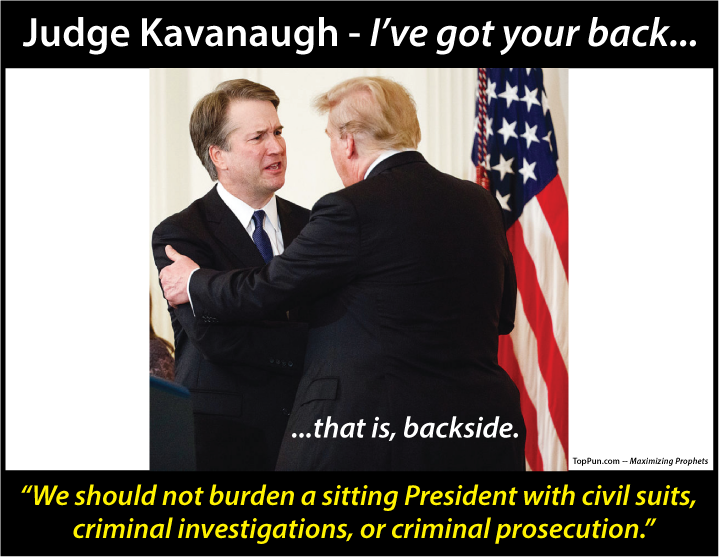

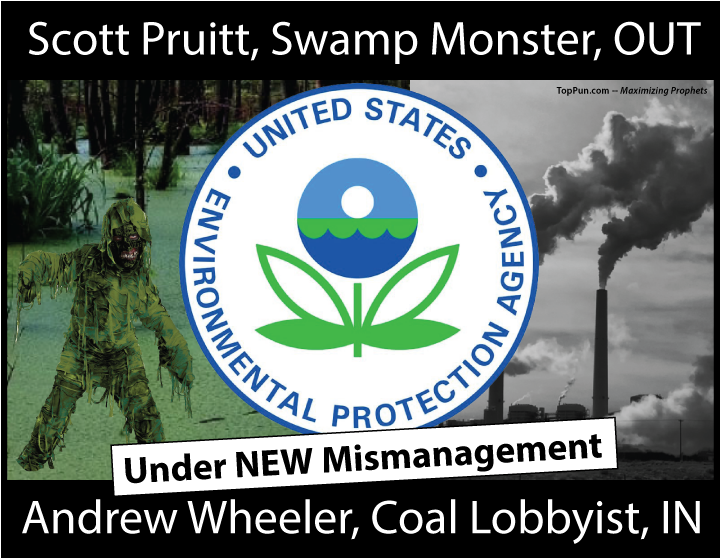







![Clean Up Your Mess, Love, Mom [Earth] POLITICAL BUTTON](http://toppun.com/Political/Clean-Up-Your-Mess-Love-Mom-Earth.gif)
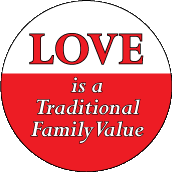
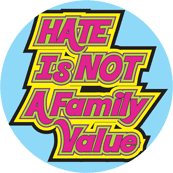

![Globalize THIS - RESISTANCE [earth graphic] POLITICAL BUTTON](http://toppun.com/Political/Globalize-THIS-RESISTANCE-earth-graphic.gif)
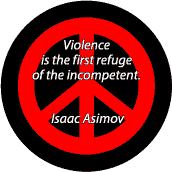

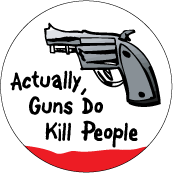
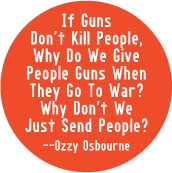
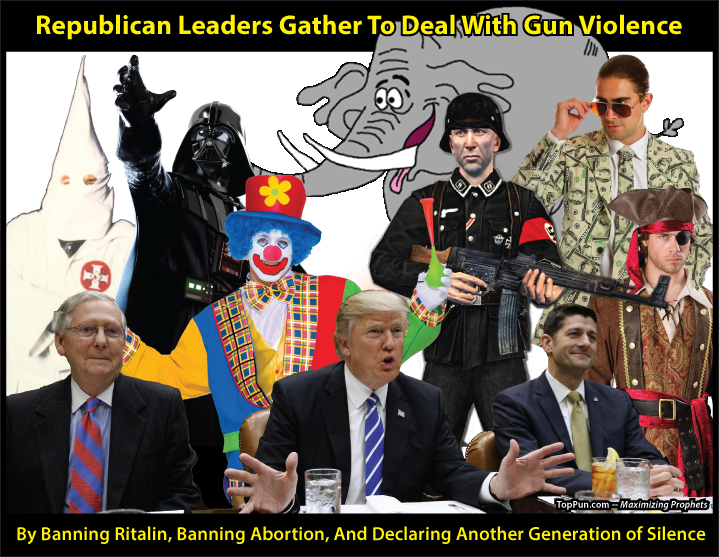
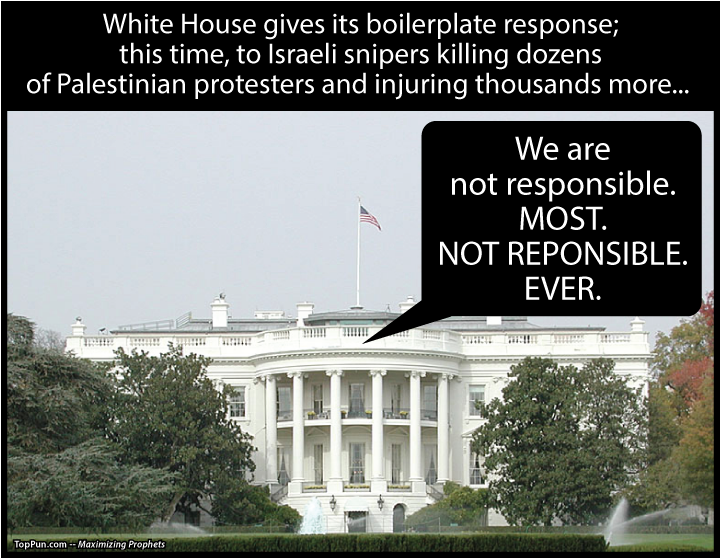

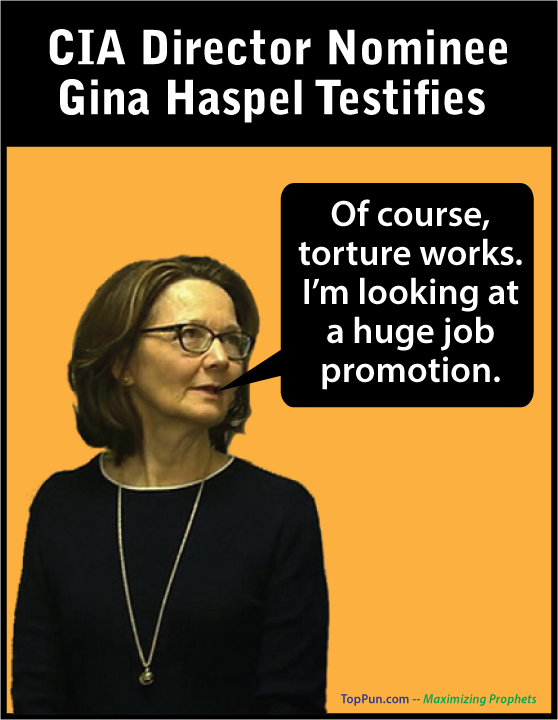
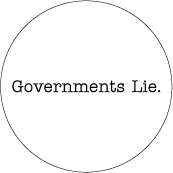
![War is Peace, Freedom is Slavery, Ignorance is Strength [upside down] POLITICAL BUTTON](http://toppun.com/Political/War-is-Peace-Freedom-is-Slavery-Ignorance-is-Strength-upside-down.gif)
